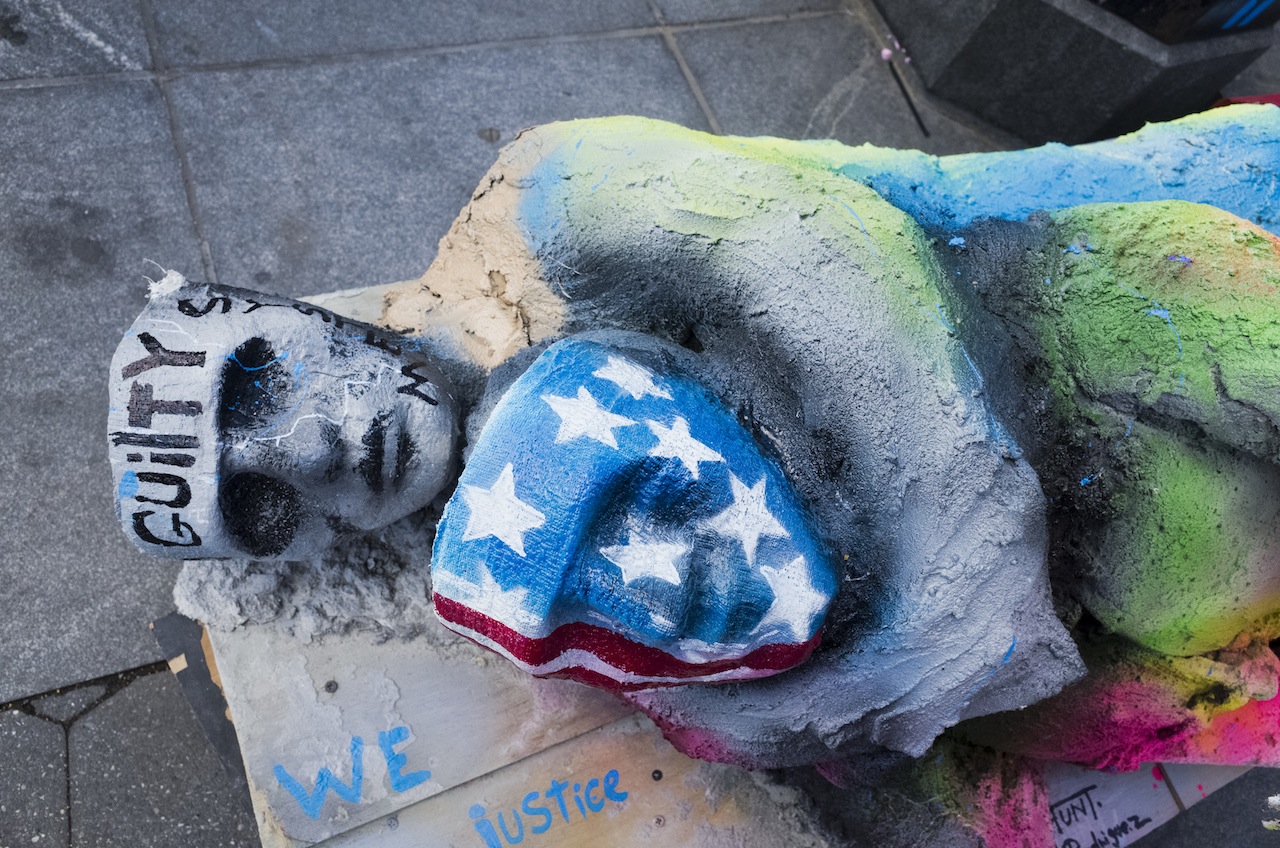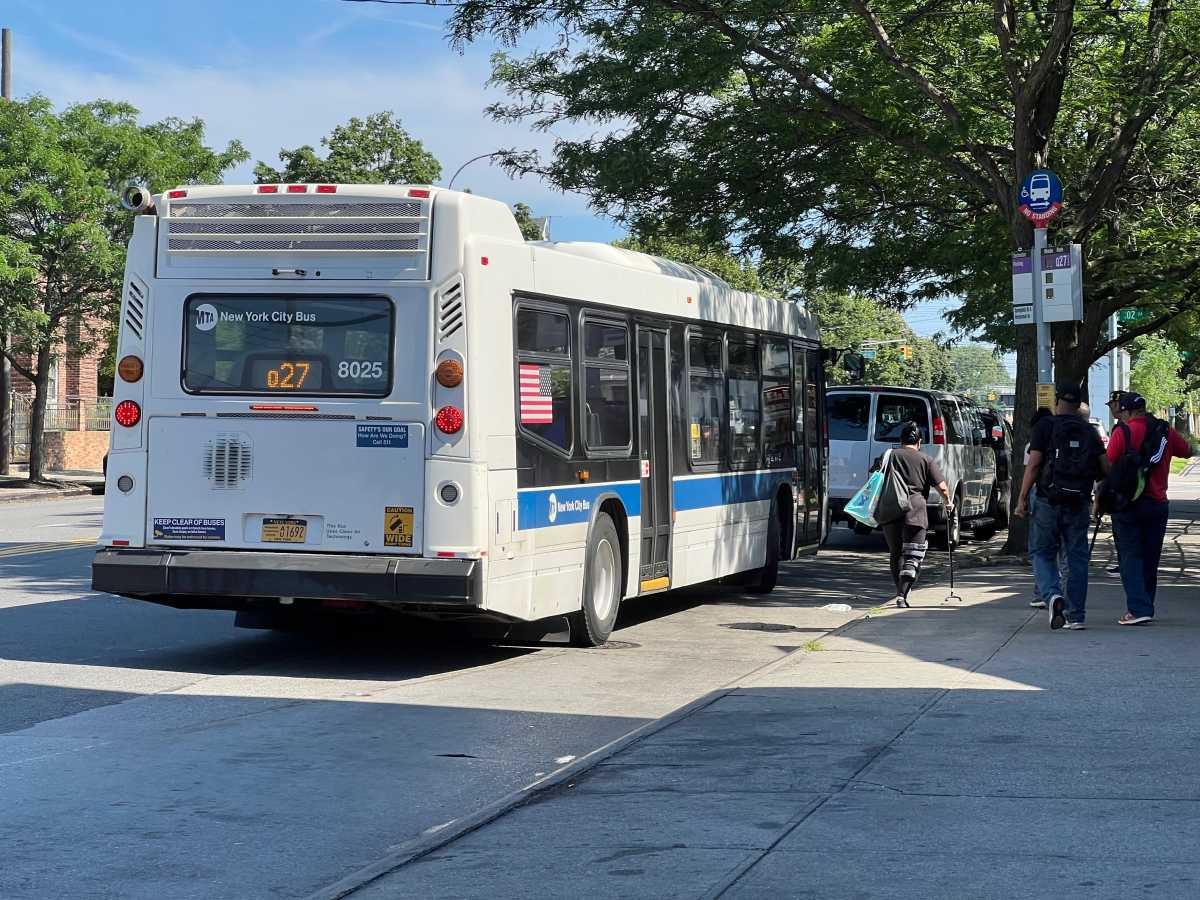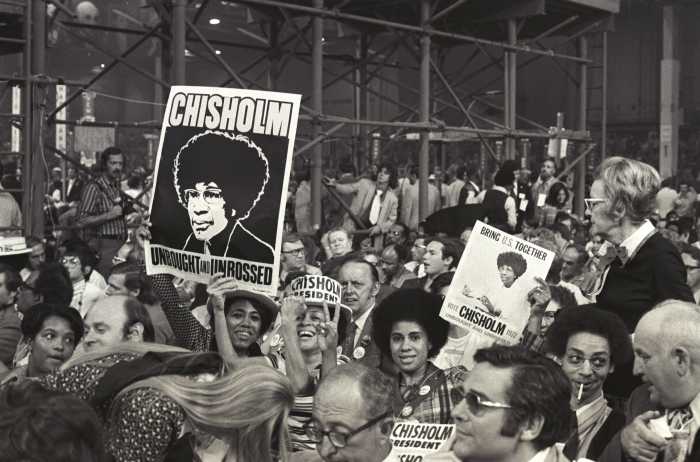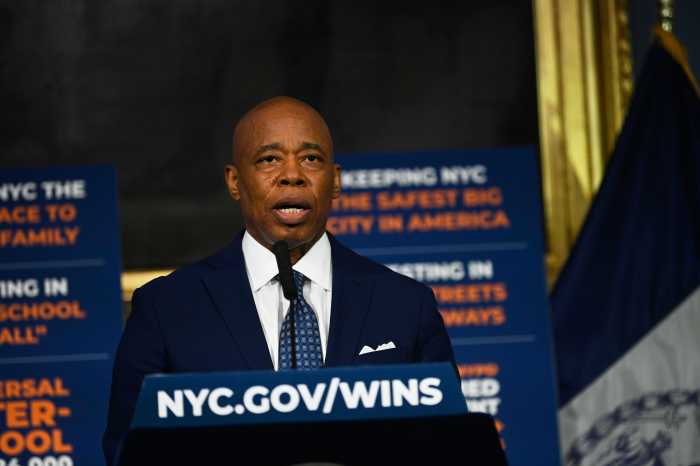
The nation’s most significant news story in recent weeks underscores a critical shortcoming too big to ignore — that government, at all levels, too often fails in its obligations for transparency. Americans need to know that police conduct toward those that officers are sworn to protect is free of abuses. Americans need to know they can trust those in authority.
A Staten Island grand jury’s failure to issue any indictment in the death of Eric Garner brought the issue of police accountability to a boil. Millions watched the video demonstrating that Police Officer Daniel Pantaleo applied a chokehold to bring Garner to the ground, and then kept pressure on his head as fellow cops pinned him there. The city Medical Examiner concluded Garner’s death was a homicide caused by compression of his neck and chest — with Garner’s health problems, including obesity and asthma, as contributing factors.
What we don’t know is what evidence was presented to the grand jury. At least when a grand jury similarly delivered no indictment in the Ferguson, Missouri, police killing of Michael Brown, we had the benefit of the full transcript of its proceedings, providing solid basis for public debate about that outcome. New York and other jurisdictions need to eliminate policies barring release of grand jury records.
One lesson from the Ferguson transcript is that the close relationship between police and local prosecutors becomes problematic when potential police misconduct is at issue. Eric Schneiderman, the New York State attorney general, is right in asking Governor Andrew Cuomo to give him interim authority — pending a permanent legislative solution — to intervene in cases where unarmed citizens are killed by police.
It’s particularly frustrating that video documentation of Garner’s death did not change the outcome at the grand jury. Yet, surely Mayor Bill de Blasio has taken the right step in his pilot program for police wearing body cameras to document their interactions with the public. More evidence can never hurt.
Public trust in the New York Police Department would also be enhanced by City Councilmembers Ritchie Torres and Antonio Reynoso’s proposed Right to Know Act, requiring police to inform citizens that, except where specific reason to suspect a crime exists, they have the right to refuse a search. That protection can help ensure that the mayor’s pledge to curb the abuses of stop-and-frisk becomes reality.
The federal government role here is constrained by the primacy of states in law enforcement. But the Justice Department is right to consider civil rights charges against Pantaleo.
U.S. Attorney General Eric Holder took an important step last week in broadening the existing ban on racial profiling by federal law enforcement officials to similarly bar such practices based on sexual orientation, gender, gender identity, religion and national origin, as well.
A version of this editorial first appeared in Gay City News, The Villager and East Villager’s sister publication.






























